Annotations to Working Programs for the Subject: "English Language"
Course Title
English Language
Grade
5-9 FSES
Number of Hours
510
Textbooks
Textbooks
Sample Program for Foreign Languages by O. Afanasyeva, I. Mikheeva, et al.
"English Language" / O. Afanasyeva, I. Mikheeva, et al.
Course Goals and Objectives
Speech Competence — development of communicative skills in four main types of speech activity (speaking, listening, reading, writing);
Language Competence — mastering new language means (phonetic, orthographic, lexical, grammatical) according to the themes and communication situations selected for secondary school; acquiring knowledge about language phenomena of the studied language, various ways of expressing thoughts in both native and foreign languages;
Sociocultural/Intercultural Competence — immersion in the culture, traditions, and realities of the countries of the studied language within the framework of communication topics, spheres, and situations relevant to the experience, interests, and psychological characteristics of secondary school students at different stages; forming the ability to represent one's own country and culture in the context of intercultural communication;
Compensatory Competence — development of the ability to manage in situations of language deficiency when receiving and conveying information;
Educational-Cognitive Competence — further development of general and specialized academic skills, universal activity methods; introduction to available methods and techniques of independent study of languages and cultures, including using new information technologies;
Development of students' personalities through the implementation of the educational potential of foreign language:
development of the desire to master the fundamentals of world culture through foreign languages;
awareness of the necessity of a healthy lifestyle by informing about socially recognized forms of maintaining health and discussing the need to abandon harmful habits.
Program Structure
Explanatory Note:
goals and objectives of the course considering its specifics;
general characteristics of the course;
description of the place of the course in the curriculum;
personal, metadisciplinary (competency-based), and subject results of mastering the specific academic subject/course
content of the course;
thematic study plan;
criteria and standards for evaluating students' knowledge, skills, and abilities regarding various forms of knowledge assessment;
description of material, technical, educational-methodical, and informational support for the educational process.
Assessment Tools
Course Title
English Language
Grade
5-9 FSES
Number of Hours
510
Textbooks
Textbooks
Sample Program for Foreign Languages by O. Afanasyeva, I. Mikheeva, et al.
"English Language" / O. Afanasyeva, I. Mikheeva, et al.
Course Goals
-
Development of foreign language communicative competence in its constituent parts:
-
Speech Competence — development of communicative skills in the main types of speech activity (speaking, listening, reading, writing);
-
Language Competence — mastering new language means (phonetic, orthographic, lexical, grammatical); acquiring knowledge about language phenomena in English, various ways of expressing thoughts in both the native and studied languages;
-
Sociocultural Competence — introducing students to the culture, traditions, and realities of the country of the studied language; forming the ability to represent one’s country and its culture in the context of foreign-language intercultural communication;
-
Compensatory Competence — developing the ability to manage in situations of language deficiency when receiving and conveying information;
-
Educational-Cognitive Competence — further development of general and special learning skills; introducing students to methods and techniques for independent study of languages and cultures.
-
Program Structure
Development and cultivation in students of understanding the importance of studying foreign languages in the modern world, the need to use them as a means of communication, cognition, self-realization, and social adaptation; cultivating qualities of a citizen, patriot; developing national self-awareness, striving for mutual understanding between people, and tolerant attitudes towards manifestations of other cultures.
Explanatory Note:
goals and objectives of the course considering its specifics;
general characteristics of the course;
description of the place of the course in the curriculum;
requirements for the level of student preparation and subject results of mastering the specific academic course
content of the course;
thematic study plan;
criteria and standards for evaluating students' knowledge, skills, and abilities regarding various forms of knowledge assessment;
description of material, technical, educational-methodical, and informational support for the educational process.
Assessment Tools
Course Title
English Language
Grade
10-11 FSES
Number of Hours
204
Textbooks
Textbooks
Sample Program for Foreign Languages by O. Afanasyeva, I. Mikheeva, et al.
"English Language" / O. Afanasyeva, K. Baranova, I. Mikheeva
Course Goal
-
Further development of foreign language communicative competence in its constituent parts: speech, language, sociocultural, compensatory, and educational-cognitive;
-
Development and cultivation in students the ability and readiness for independent and continuous study of the foreign language, further self-education with its help, using the foreign language in other fields of knowledge; the ability for self-assessment through observation of one’s speech in both the native and foreign languages; personal self-determination regarding their future profession; their social adaptation; forming the qualities of a citizen and patriot.
Program Structure
Explanatory Note:
goals and objectives of the course considering its specifics;
general characteristics of the course;
description of the place of the course in the curriculum;
requirements for the level of student preparation and subject results of mastering the specific academic course
content of the course;
thematic study plan;
criteria and standards for evaluating students' knowledge, skills, and abilities regarding various forms of knowledge assessment;
description of material, technical, educational-methodical, and informational support for the educational process.
Assessment Tools
Training Lesson: Adjacent and Vertical Angles
Report on the Educational Roundtable: "Bravo, Parents!"
"School as a Zone of Health: Implementing Health-Saving Technologies in Education"
Material and Technical Support for Teaching Literature: Resources, Equipment, and Digital Tools

 Deutsch
Deutsch
 Francais
Francais
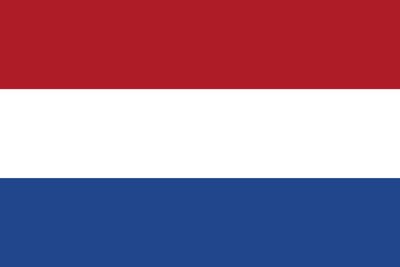 Nederlands
Nederlands
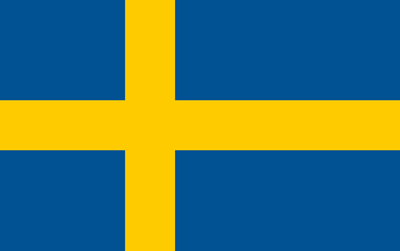 Svenska
Svenska
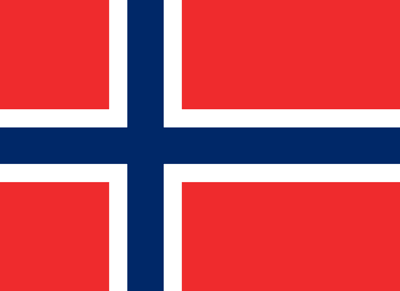 Norsk
Norsk
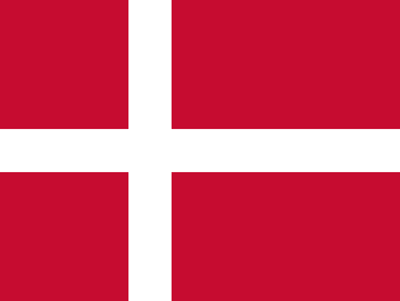 Dansk
Dansk
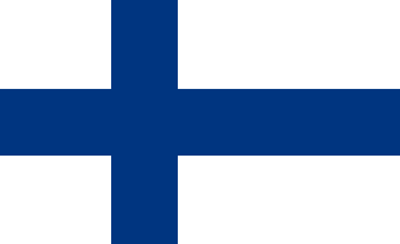 Suomi
Suomi
 Espanol
Espanol
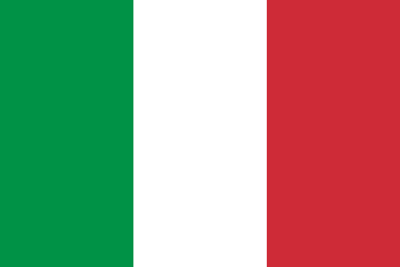 Italiano
Italiano
 Portugues
Portugues
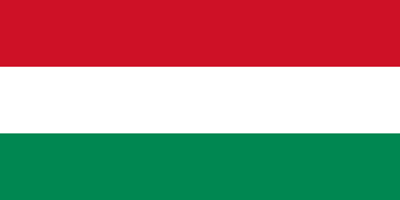 Magyar
Magyar
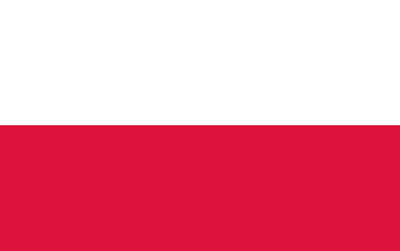 Polski
Polski
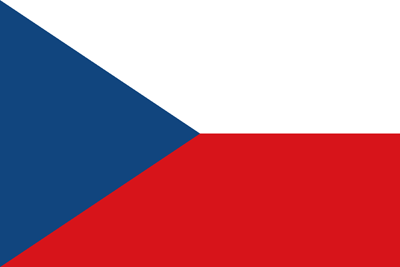 Cestina
Cestina
 Русский
Русский